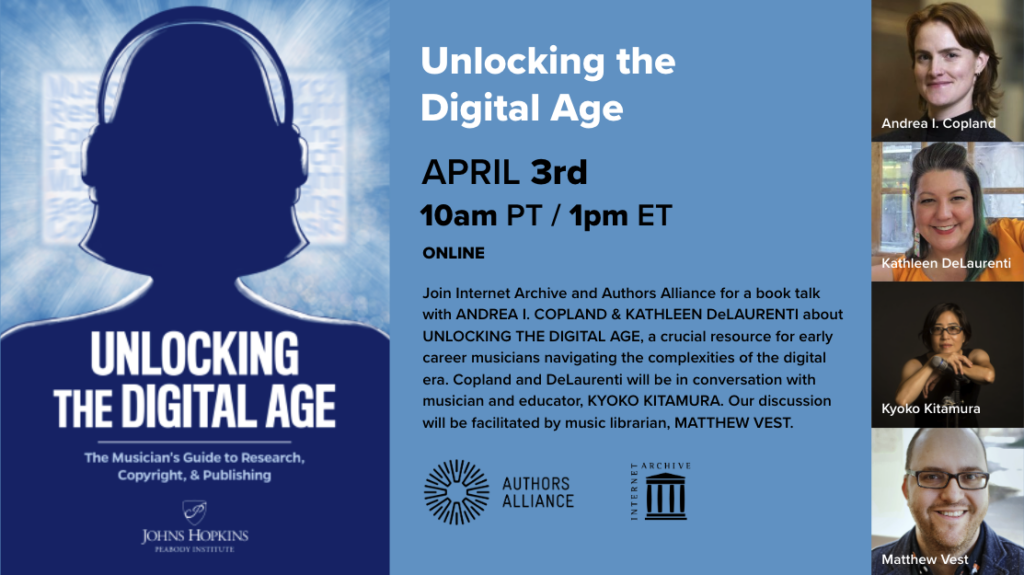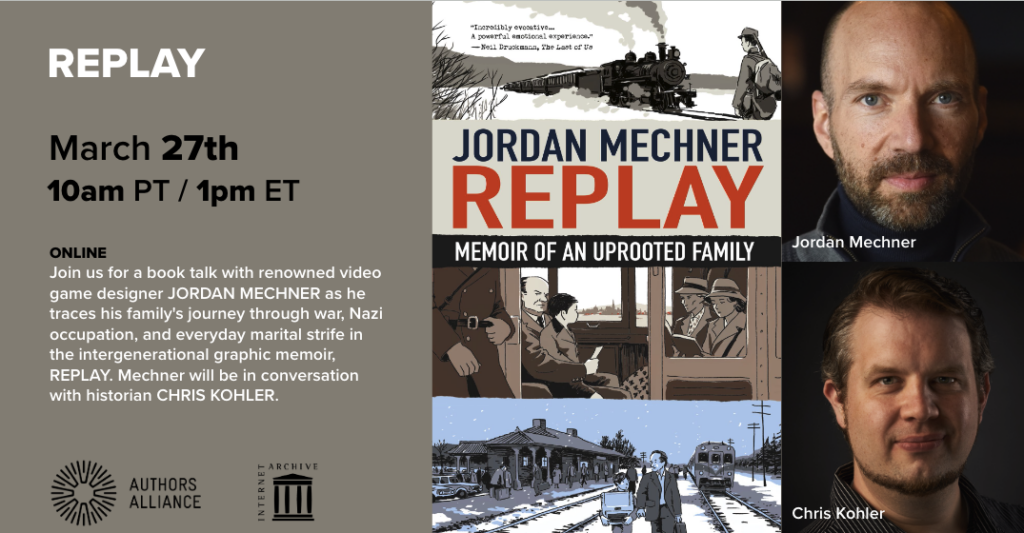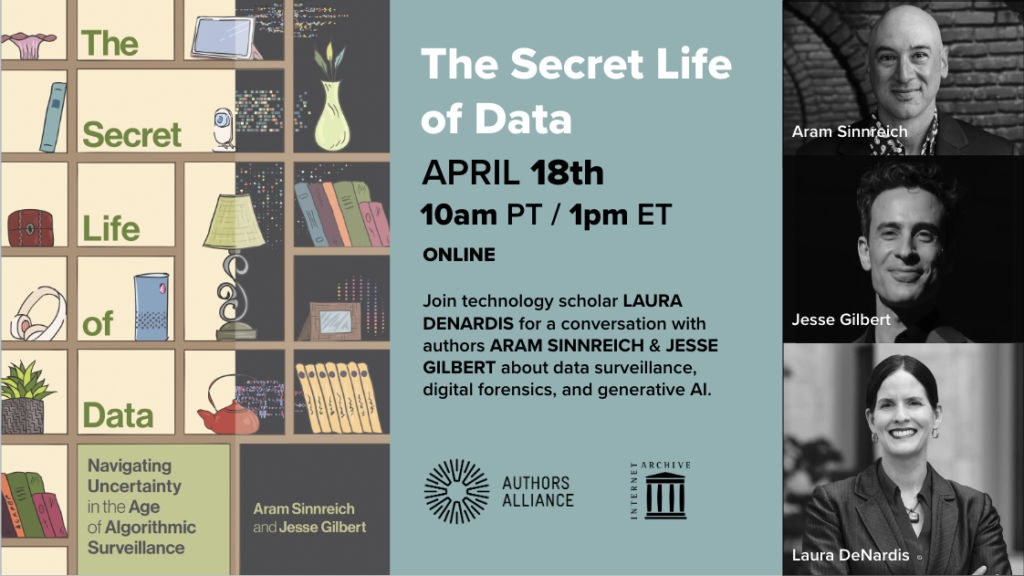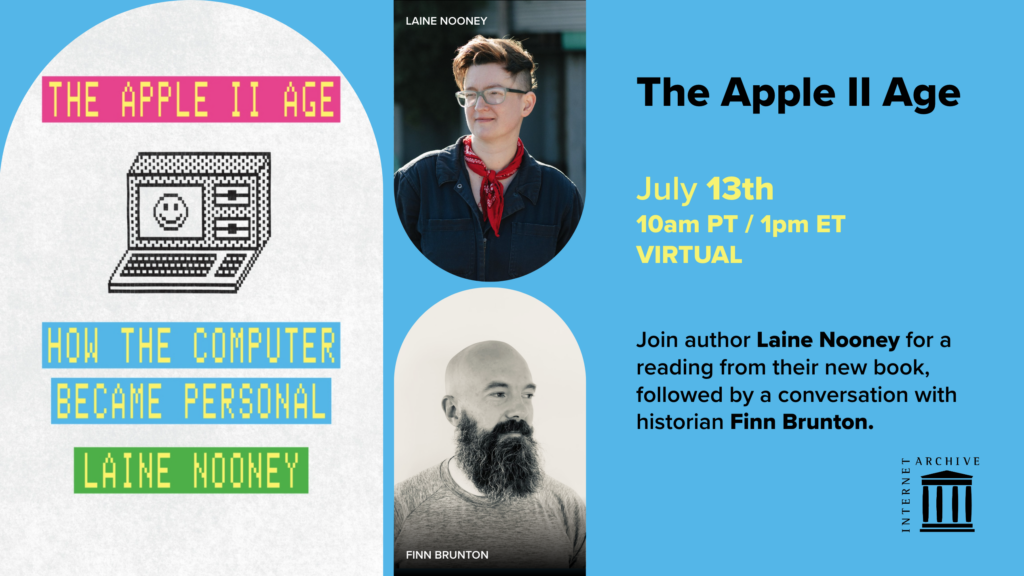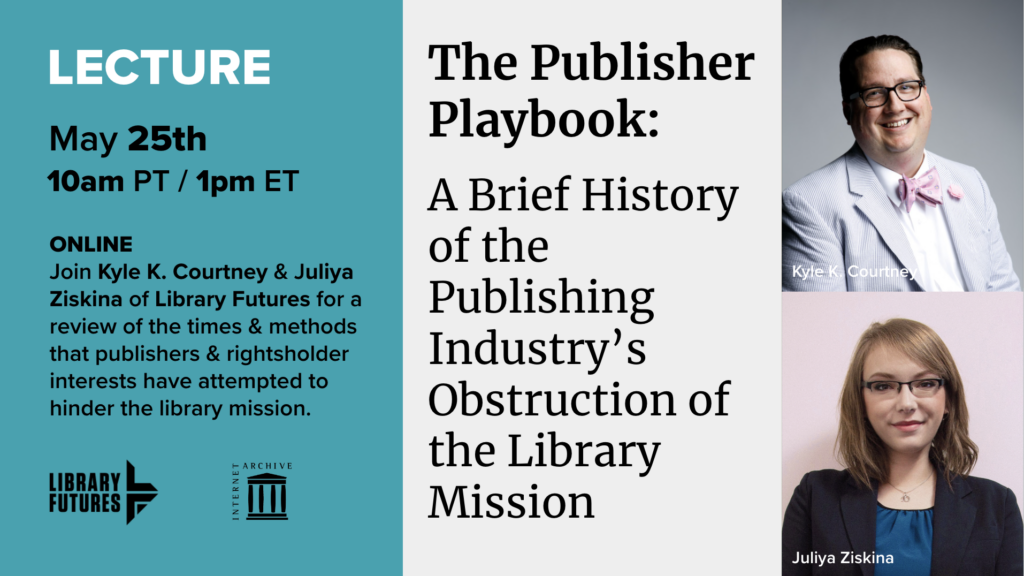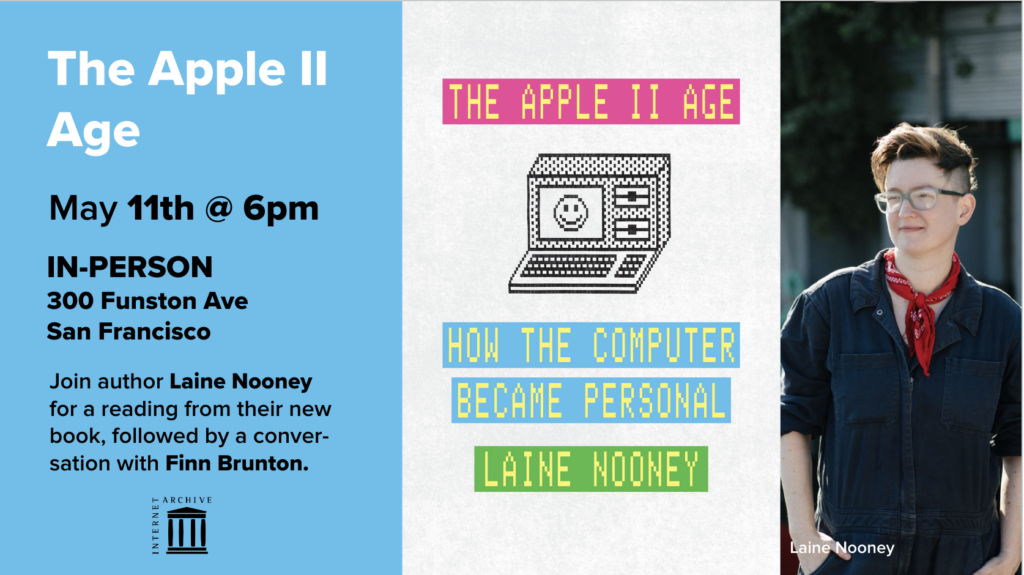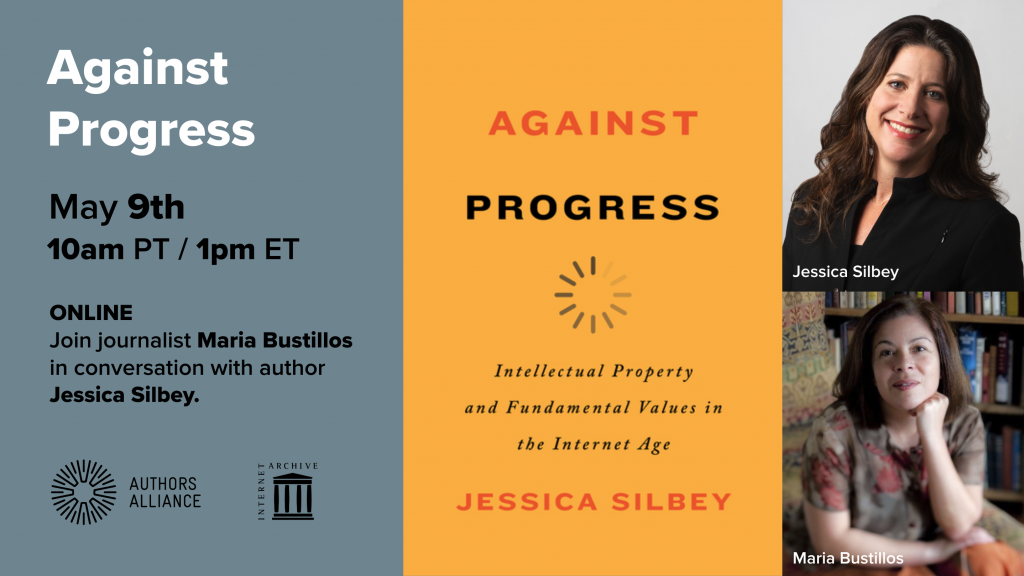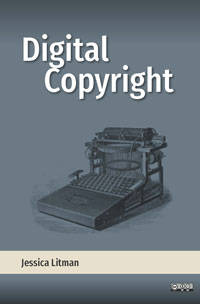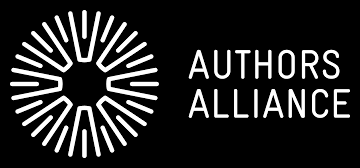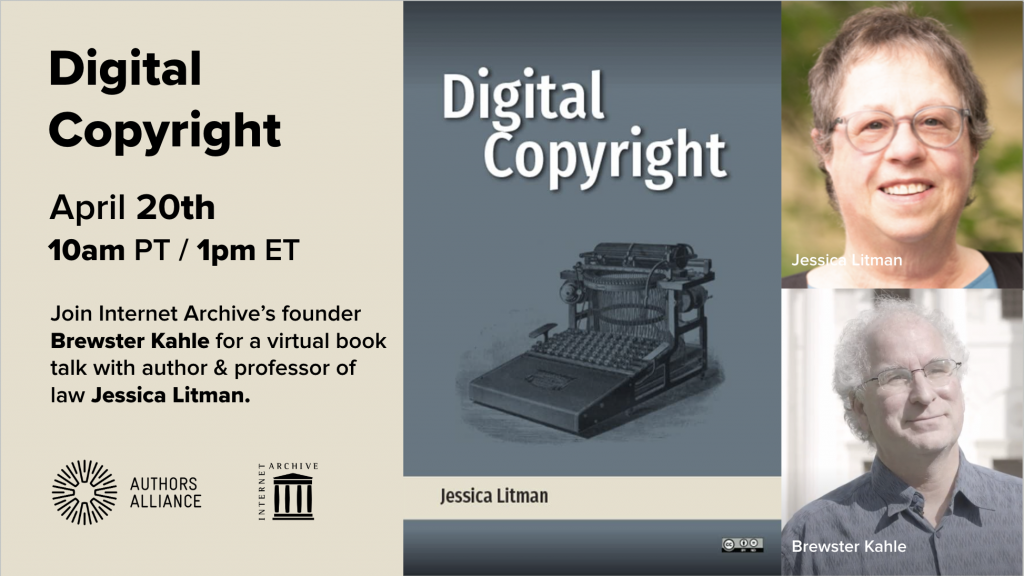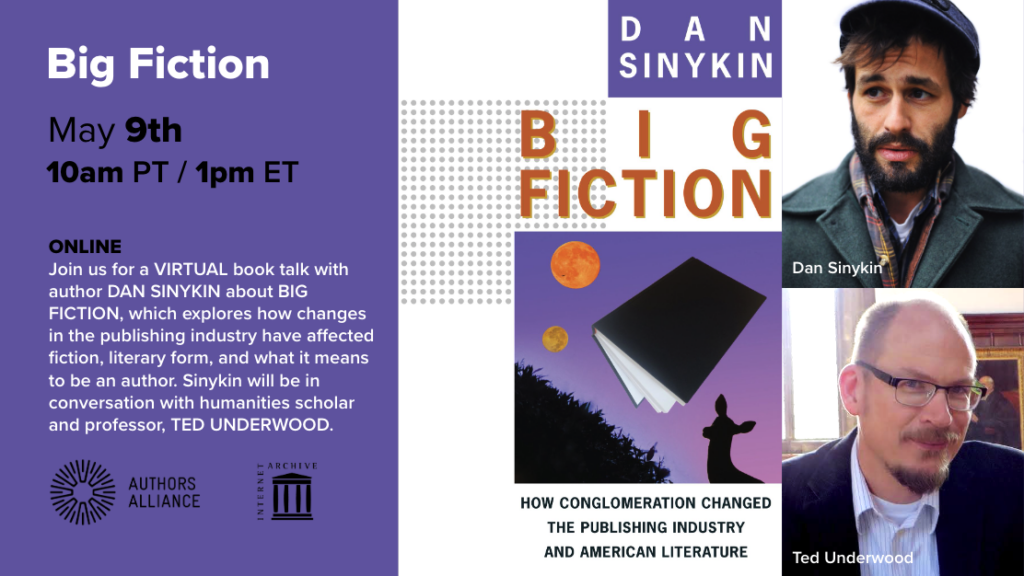
“Sinykin’s Big Fiction is a book of major ambition and many satisfactions. Come for the comprehensive reframing of a key phase in U.S. literary history, stay for the parade of interesting people, the fascinating backstories of bestsellers, the electrically entertaining prose. The story of literary publishing in the postwar period has never been told with such verve.” – Mark McGurl, author of Everything and Less: The Novel in the Age of Amazon
Book Talk: Big Fiction
Thursday, May 9 @ 10am PT / 1pm ET
Register now for the virtual event!
In the late 1950s, Random House editor Jason Epstein would talk jazz with Ralph Ellison or chat with Andy Warhol while pouring drinks in his office. By the 1970s, editors were poring over profit-and-loss statements. The electronics company RCA bought Random House in 1965, and then other large corporations purchased other formerly independent publishers. As multinational conglomerates consolidated the industry, the business of literature—and literature itself—transformed.
Dan Sinykin explores how changes in the publishing industry have affected fiction, literary form, and what it means to be an author. Giving an inside look at the industry’s daily routines, personal dramas, and institutional crises, he reveals how conglomeration has shaped what kinds of books and writers are published. Sinykin examines four different sectors of the publishing industry: mass-market books by brand-name authors like Danielle Steel; trade publishers that encouraged genre elements in literary fiction; nonprofits such as Graywolf that aspired to protect literature from market pressures; and the distinctive niche of employee-owned W. W. Norton. He emphasizes how women and people of color navigated shifts in publishing, arguing that writers such as Toni Morrison allegorized their experiences in their fiction.
Big Fiction features dazzling readings of a vast range of novelists—including E. L. Doctorow, Judith Krantz, Renata Adler, Stephen King, Joan Didion, Cormac McCarthy, Chuck Palahniuk, Patrick O’Brian, and Walter Mosley—as well as vivid portraits of industry figures. Written in gripping and lively prose, this deeply original book recasts the past six decades of American fiction.
REGISTER NOW
ABOUT OUR SPEAKERS
DAN SINYKIN is an assistant professor of English at Emory University with a courtesy appointment in quantitative theory and methods. He is the author of American Literature and the Long Downturn: Neoliberal Apocalypse (2020). His writing has appeared in the New York Times, the Washington Post, the Los Angeles Review of Books, The Rumpus, Dissent, and other publications.
TED UNDERWOOD is a professor in the School of Information Sciences and also holds an appointment with the Department of English in the College of Liberal Arts and Sciences. After writing two books that describe eighteenth- and nineteenth-century literature using familiar critical methods, he turned to new opportunities created by large digital libraries, using machine learning to explore patterns of literary change that become visible across centuries and thousands of books. His most recent project moves in the opposite direction, using theories of historical interpretation to guide the development of large language models.
He has authored three books about literary history, Distant Horizons (The University of Chicago Press Books, 2019), Why Literary Periods Mattered: Historical Contrast and the Prestige of English Studies (Stanford University Press, 2013), and The Work of the Sun: Literature, Science and Political Economy 1760-1860 (New York: Palgrave, 2005).
Book Talk: Big Fiction
Thursday, May 9 @ 10am PT / 1pm ET
Register now for the virtual event!
